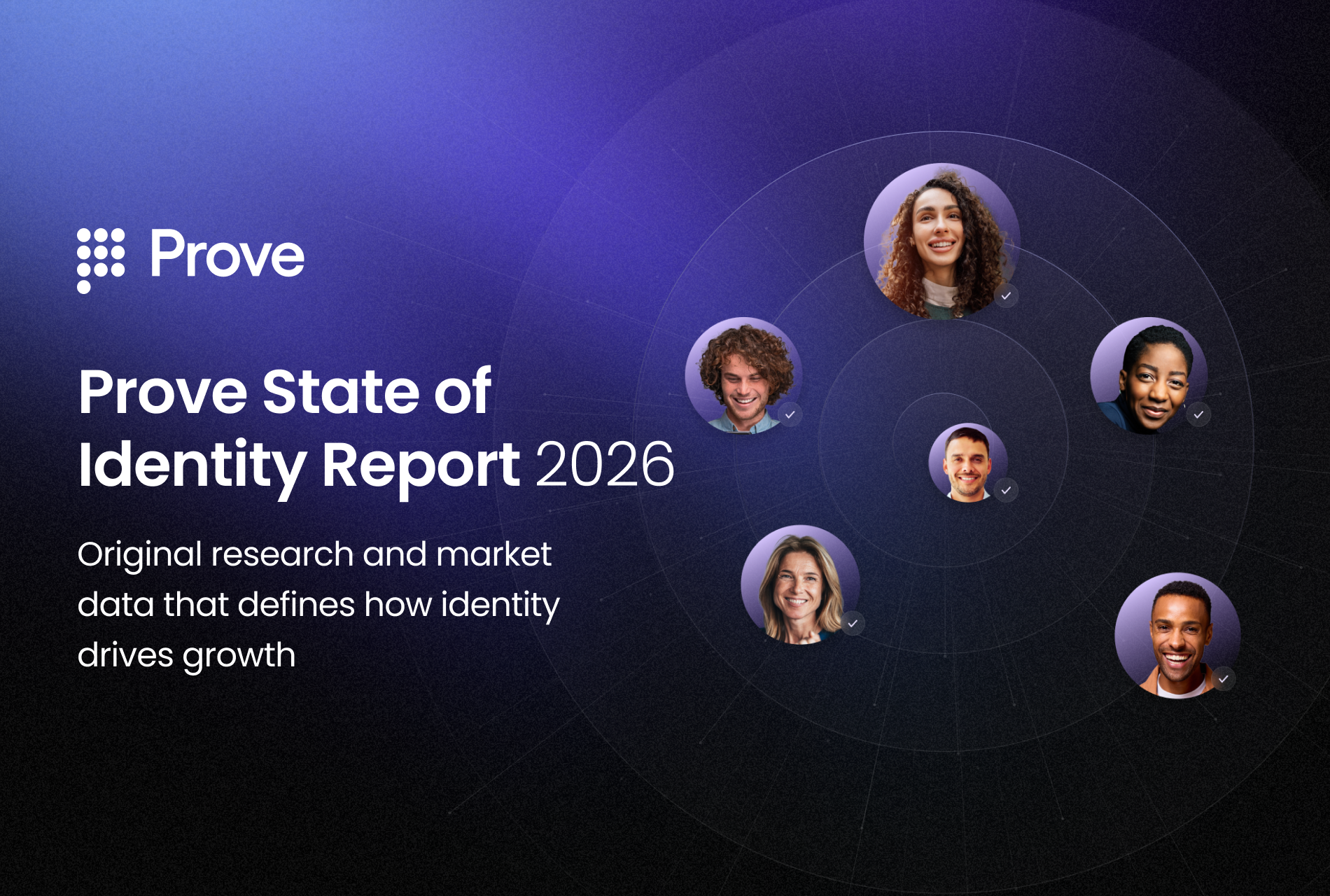What Makes FinTech a Vital Element of the International Ecosystem? [Infographic]


![What Makes FinTech a Vital Element of the International Ecosystem? [Infographic]](https://cdn.prod.website-files.com/6541324a91f919eeb68e9608/65db75299b25ef7d68cf2284_6130d2ba8aa743f613ea5f62_ge0Yqn9q-09DCHKun93wDl2MLo_vq9hFLWpBdOaL-qaYl34WW-YKQeiuoMCnq6H0BddFHkW4o1Om9APgAq7fci_JLRUGpkYin5BUWqLnQOe6iCOxBpjcUc_dOzsnVXwiIqtHS_G9%253Ds0.jpeg)
.
FinTech substantially contributes to economic growth and development.
The payments segment within FinTech is a significant enabler of economic growth. Electronic payments added $296 billion to GDP in the 70 countries studied between 2011 and 2015, equivalent to creating ~2.6 million jobs on average per year over the five years, or ~0.4% of total employment. Moreover, each 1% increase in usage of electronic payments produces, on average, an annual increase of ~$104 billion in the consumption of goods and services.
FinTech facilitates financial inclusion for disadvantaged groups of the population.
FinTech facilitates structural changes in the market, opening up opportunities for previously ‘invisible’ groups of population/financially excluded businesses with alternative approaches to creditworthiness assessment. FinTech lifts people from poverty with technology and democratizes the financial services industry by boosting institutional efficiency.
FinTech brings the speed to innovation adoption and transforms the quality of innovation.
Through competition and superior solutions, FinTech drives improvements in traditional financial services. In addition, it promotes the replacement of legacy systems with innovative new solutions, which can benefit consumers and other sectors of the economy.
FinTech builds a foundation for sustainability and ensures the healthy growth of the business ecosystem.
FinTech comprises the foundation of MSMB/SMB sustainability foundation with solutions that improve cash flow, supply chain management, and logistics. Electronic invoicing, open APIs, HR solutions, etc., enable businesses to expand capabilities easily, operate at higher efficiency and a manageable scale.
FinTech curates the market and propels its structural transformation
FinTech-bordering industries such as AI, RegTech, EdTech, HealthTech, etc., transform market structure by replacing legacy elements and traditional business models with advanced solutions and more efficient business operation models.
FinTech creates new value streams.
The transparent and real‑time operation of FinTech innovations, such as blockchain and digital currencies, are generating new value streams – not just in financial services but across the economy. As a result, financial institutions launch their own currencies/labs/projects following the opportunities to explore new revenue streams.
FinTech ensures operational transparency and better audibility.
More digitized transactions support greater audit capability, transparency in payments systems, and security by reducing risks, which leads to a reduced need for regulation. In addition, digitized solutions provide data for regulatory authorities to drive meaningful insights on the results of regulatory policies and make beneficial adjustments to regulatory strategies.
FinTech facilitates collaborative culture among market participants.
FinTech sheds international and cross-industry barriers to facilitate collaborative culture. FinTech also catalyzes the growth of the supportive ecosystem – dedicated incubators, accelerators, venture funds, regulatory sandboxes, etc. In addition, the industry serves as a glue for market participants to recognize the necessity of mutually beneficial collaboration for a larger good. Finally, FinTech created and facilitated the concept of open innovation.
FinTech sheds international barriers.
Since technological innovation is quickly adaptable, FinTech erased/reduced national barriers for entry, fostering competition in international markets. In addition, a multitude of international FinTech hubs combined with startup supporting programs and regulatory sandboxes have expanded the market size for a given startup in a particular country.
FinTech has grown into a financially massive and highly impactful industry.
Investments in FinTech have grown exponentially in the past decade – rising from $1.8 billion in 2010 to $19 billion in 2015. FinTech startups have attracted $18.9 billion worldwide in the first nine months of 2016. Moreover, some estimates suggest that ~$4.7 trillion out of $13.7 trillion of the traditional financial services’ revenue is at risk of being displaced by new technology-enabled entrants. As a result, FinTech has grown from a niche to an industry that directly impacts policies and institutional development strategies.

Keep reading
 Read the article: How Prove’s Global Fraud Policy Stops Phone-Based Fraud Others Miss
Read the article: How Prove’s Global Fraud Policy Stops Phone-Based Fraud Others MissLearn how Prove’s Global Fraud Policy (GFP) uses an adaptive, always-on engine to detect modern phone-based threats like recycled number fraud and eSIM abuse. Discover how organizations can secure account openings and recoveries without increasing user friction.
 Read the article: Prove Supports Safer Internet Day: Championing a Safer, More Trustworthy Digital World
Read the article: Prove Supports Safer Internet Day: Championing a Safer, More Trustworthy Digital WorldProve proudly supports the goals and initiatives behind Safer Internet Day, a worldwide effort that brings together individuals, organizations, educators, governments, and businesses to promote the safe and positive use of digital technology for all, especially young people and vulnerable users.
 Read the article: Prove’s State of Identity Report Highlights the New Rules of Digital Trust
Read the article: Prove’s State of Identity Report Highlights the New Rules of Digital TrustProve’s State of Identity Report explores why traditional point-in-time verification is failing and how businesses can transition to a continuous, persistent identity model to reduce fraud and improve user experience.












